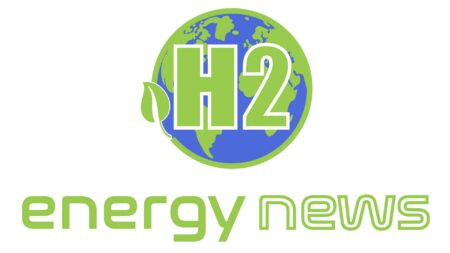After purchasing 5% of FusionOne, PowerTap Hydrogen has given an update on the company’s investment. An American company called FusionOne…
A Memorandum of Understanding (MoU) has been signed by KACST and CarbonMeta Technologies to work together on the conversion of…
Saudi oil company Aramco is sponsoring the first hydrogen-powered racing truck to compete in the Dakar Rally. In order to…
Sweden’s Energy Agency has given TechForH2 a grant of about SEK 162 million for 2022-2026. Technology and innovation for a…
Calumet Specialty Products Partners announced that Montana Renewables LLC (“MRL”) has completed the previously announced $50 million project financing from…
Qatar University’s National 3MT Competition awarded third place to researcher Muhammad Danyal Imam for his work on developing a long-term…
EDP and other companies, and research partners will develop a 100MW green hydrogen production project in Sines. Companies like Galp,…
GKN Aerospace has noticed a subtle shift in the UK government-backed project’s H2GEAR hydrogen-electric powertrain after a year of development.…
A strategic cooperation agreement between Sinopec and JinkoSolar has been signed for the development of green hydrogen production from solar…
A subsidiary of Fusion Fuel Green, Fusion Fuel USA, has named Zachary Steele and Jason Baran as Co-Presidents. Fusion Fuel’s…


